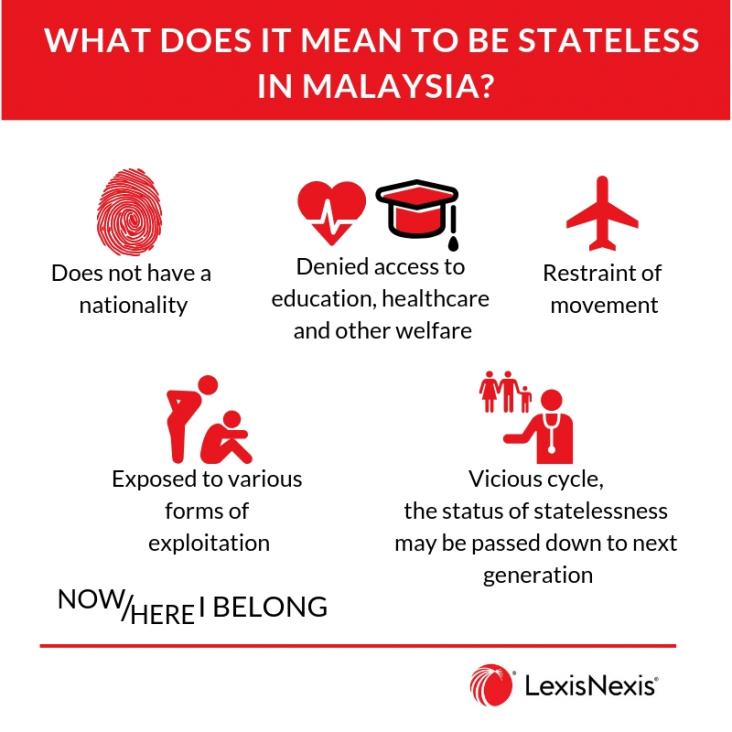
Advancing SDGs 10 (reduced inequalities) and 16 (peace, justice and strong institutions), this video series focusses on the issue of statelessness in Malaysia.
This report conducts an analysis of the intergovernmental fiscal transfer programs whose budget allocation formulas include population criteria.Through a series of simulations in three Latin American countries (Bolivia, Ecuador, and El Salvador), it analyses what would have happened if more accurate population estimates had been used when allocating transfers to subnational governments. This contributes to SDGs 10 and 16.
This report showcases the latest transaction patterns, trends and cybercrime threats in Europe, the Middle East and Africa (EMEA). It is essential reading for anyone involved in cybersecurity, financial crime, digital identity, fraud management and threat detection, advancing SDGs 8 (decent work and economic growth) and 16 (peace, justice and strong institutions).
A civil engineer/cyclist helps his research team understand challenges faced by cyclists with disabilities. This article links to SDGs 3 and 10.
A civil engineer/cyclist helps his research team understand challenges faced by cyclists with disabilities, addressing SDG 3 and 10.
This podcast dives into the steps companies can take to improve diversity and inclusion efforts. The topics covered help employers advance SDG 8 (decent work and economic growth) and SDG 10 (reduced inequalities).
Employers today must plan for an aging workforce and make a strong effort to attract and retain older workers. It is critical for employers to take note of the value older workers can bring to an organization and consider the following steps to address their needs within the context of workforce planning.
This report provides an assessment of how companies in the UN Global Compact are adopting the Ten Principles and taking action to deliver on the SDGs. It contributes to Goals 10, 12 and 17.
Companies often struggle to identify and implement meaningful action to address risks to trade union rights in their global value chains. This resource helps companies assess where and why they might face heightened risks to trade union rights and showcases eight examples of how real companies have approached trade union rights in practice. The report contributes to SDGs 8 and 10.
The publication highlights the potential role of social dialogue in fostering stability, equity, productivity, sustainable enterprises and inclusive growth, contributing to SDGs 8, 10 and 12.
